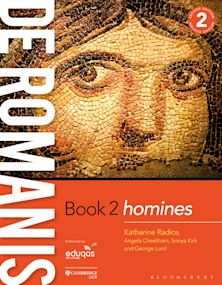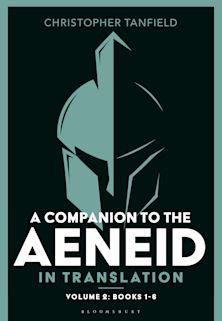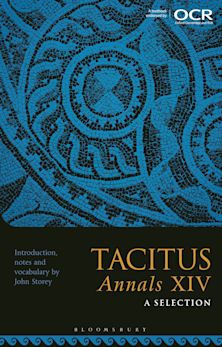You must sign in to add this item to your wishlist. Please sign in or create an account
Description
Perhaps no classical writer has been so consistently in vogue as Horace. Famous in his own lifetime as a close associate of the Emperor Octavian, to whom he dedicated several odes, Quintus Horatius Flaccus (65–8 BC) has never really been out of fashion. Petrarch, for example, modelled his letters on Horace's innovative Epistles, while also borrowing from his Roman forebear in composing his own Italian sonnets.
The echo of Horace's voice can be found in almost every genre of medieval literature. And in later periods, this influence and popularity if anything increased. Yet, as Paul Allen Miller shows, while Horace may justifiably be called the poet for all seasons he is also in the end an enigma. His elusive, ironic contrariness is perhaps the true secret of his success. A cultured man of letters, he fought on the losing side of the Battle of Philippi (42 BC). A staunch Republican, he ended up eagerly (some said too eagerly) promoting the cause of Julio-Claudian imperialism. Viewed as the acme of Roman literary civilization, he was shaped by his Athens education at Plato's famous Academy. This new introduction reveals Horace in all his paradoxical genius and complexity.
Table of Contents
Introduction: Why Horace, Why Now
Chapter 1: Roman Socrates: Irony in the Satires
Chapter 2: Going Soft on Canidia: The Epodes, an Unappreciated Classic
Chapter 3: Exegi monumentum: Horace's Two-Eared Odes
Chapter 4: Freedom, Friendship, and the Ties that Bind: Socratic Irony in Epistles I
Epilogue
Works Cited
Index
Product details
| Published | 18 Dec 2018 |
|---|---|
| Format | Ebook (Epub & Mobi) |
| Edition | 1st |
| Extent | 216 |
| ISBN | 9781786725387 |
| Imprint | I.B. Tauris |
| Series | Understanding Classics |
| Publisher | Bloomsbury Publishing |
About the contributors
Reviews
-
Students of poetry who are looking to find out more about Horace as an artist will find much to appreciate here … Miller surpasses this reader's expectations of what a book in this genre purports to do. The coherent interpretive thread of irony is a pleasant surprise.
Bryn Mawr Classical Review
-
The well-known Latinist Paul Allen Miller here presents a lively and stimulating introduction to Horace, one of the great short-form poets in world literature, in all his richness and complexity.
Stephen Harrison, Professor of Latin Literature, University of Oxford, UK

ONLINE RESOURCES
Bloomsbury Collections
This book is available on Bloomsbury Collections where your library has access.




































